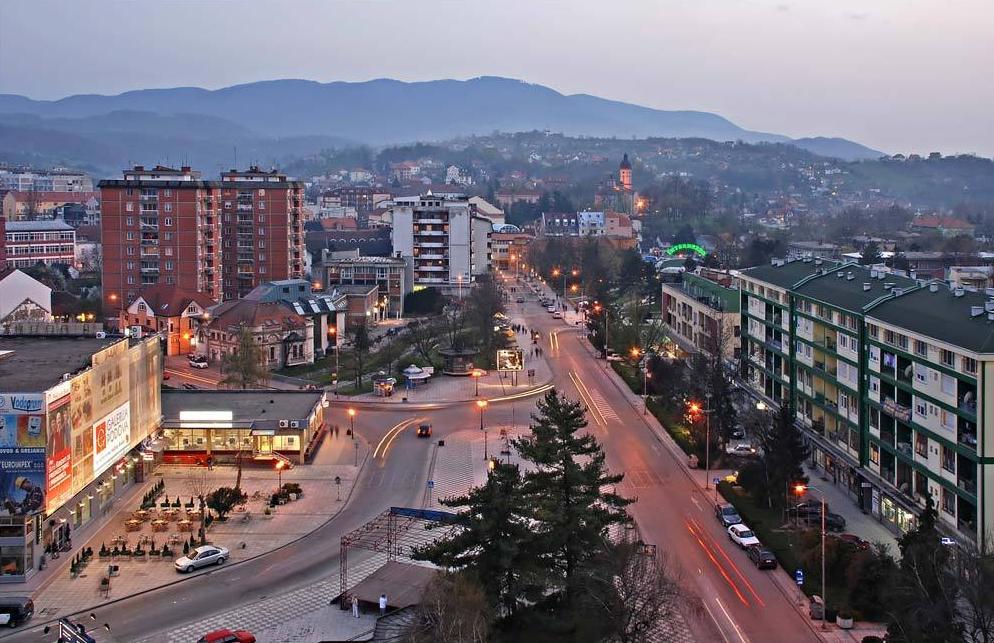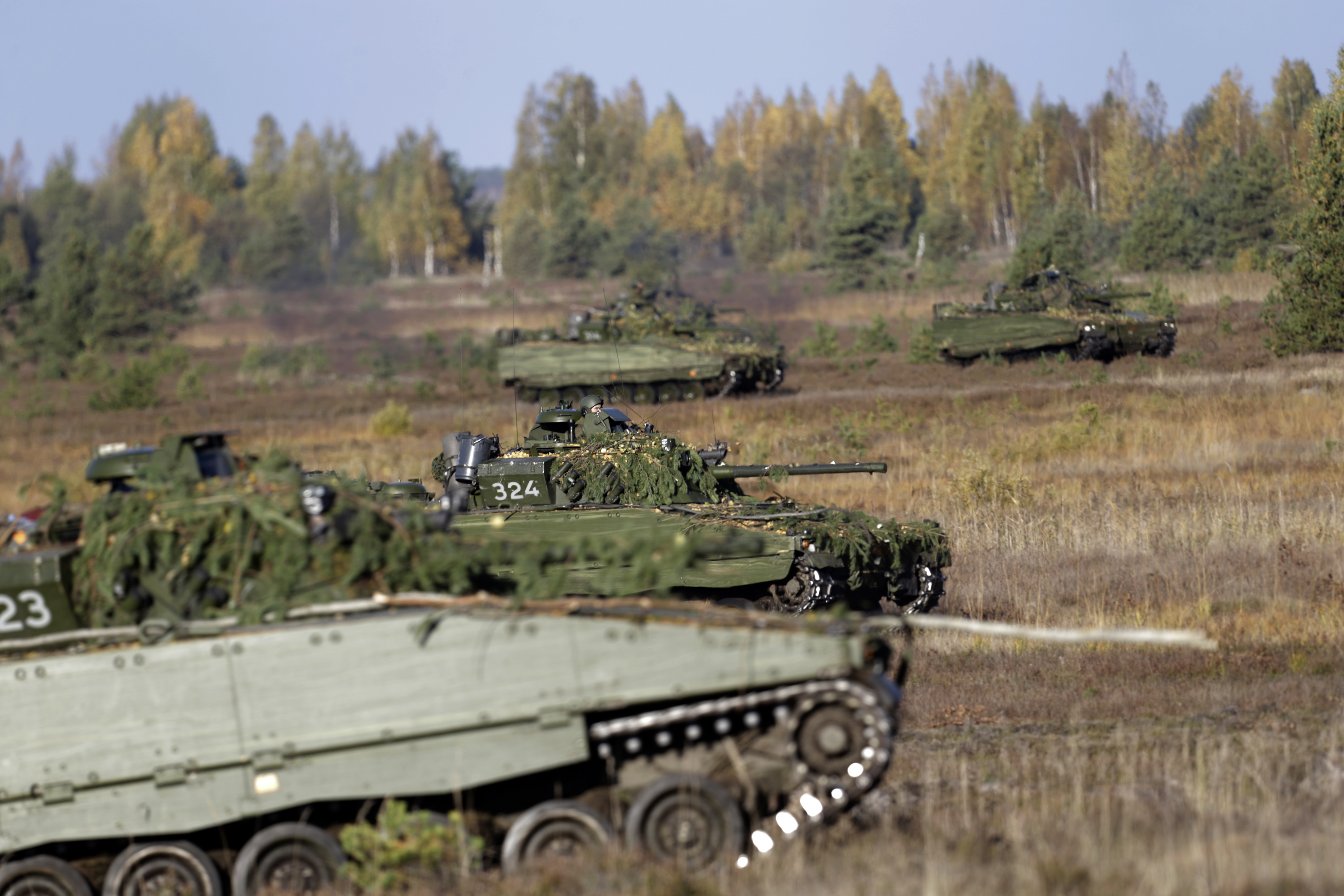Mit reflektaljak ra?
O is megerositette, amit irtam mar parszor, nevezetesen hogy sosem volt semmifele ilyen megallapodas - mar csak azert sem lehetett, mert szoban is Eastern Germany volt a context, NEM HUNGARY avagy Poland,
a Varsoi Szerzodes szethullasa es ezen orszagok NATO tagsaga akkor fel sem merultek, meg elmeleti szinten sem.
A 2017-es "revelalo ereju" doksik nyilvanossa tetele csak azt igazolta, amit addig is tudtunk jol, semmi ujat nem mondott. Az osszes vonatkozo iratot ismertem mar, itt meg plane semmi ujat nem fogok hallani, ebben egeszen bizonyos vagyok.
FYI a Foreign Affairsben (amire ugy 15 eve elofizetek, masik 10-15 sajtotermekkel egyutt, koztuk par magyarra is) ez visszatero tema volt par evente, minden temahoz erto kivulrol tudta mar a tenyeket 2017 elott is.
Itt van egy par evvel ezelotti vita a bookmarkjaim kozul:
Moscow has long argued that in expanding NATO eastward, Washington broke the promise it made to Soviet leaders shortly after the Berlin wall fell. But new evidence shows that the United States never actually made such a pledge.

www.foreignaffairs.com
In an article published in The Washington Quarterly in April 2009, I addressed a narrow but important question: Was it true, as Soviet President Mikhail Gorbachev claimed, that Western leaders, during the 1990 negotiations on German reunification, promised him that NATO would not expand into...

www.foreignaffairs.com
Ez a Brookings, szinten 2014-bol:
Russian President Vladimir Putin has made it well known his antipathy towards NATO, claiming the Alliance took advantage of Russian weakness after the collapse of the Soviet Union in violation of promises allegedly made to Moscow by Western leaders. Steven Pifer argues that no such promises were...

www.brookings.edu
De erdekessegnek itt egy 1990-es cikk, amiben pont Gorbi felvetesenek probalnak megfelelni (ti. dialing down the standoff vis-a-vis NATO v Warsaw Pact):
Dean, a former U.S. conventional arms control negotiator, knows his subject better than anyone; his historical chapters and appendices provide a wealth of useful background. His call for a sharp conventional arms build-down, cast against the rush of events since his writing, raises sharply the...

www.foreignaffairs.com
Legtisztabban szerintem a NATO sajat oldala irta le az oroszok utolagos ad nauseam erolkodeset, hogy belemagyarazzanak valamit (szokasos, sose bizz az oroszokban):
https://www.nato.int/docu/review/ar...ent-and-russia-myths-and-realities/index.html
"The Berlin Wall had fallen; Germany was on the road to reunification. However, the Soviet Union still existed, as did the Warsaw Pact, who’s Central and Eastern European member countries did not talk about joining NATO, but rather about the “dissolution of the two blocks”.
Thus, the debate about the enlargement of NATO evolved solely in the context of German reunification. In these negotiations Bonn and Washington managed to allay Soviet reservations about a reunited Germany remaining in NATO. This was achieved by generous financial aid, and by the “2+4 Treaty” ruling out the stationing of foreign NATO forces on the territory of the former East Germany. However, it was also achieved through countless personal conversations in which Gorbachev and other Soviet leaders were assured that the West would not take advantage of the Soviet Union’s weakness and willingness to withdraw militarily from Central and Eastern Europe.
It is these conversations that may have left some Soviet politicians with the impression that NATO enlargement, which started with the admission of the Czech Republic, Hungary and Poland in 1999, had been a breach of these Western commitments. Some statements of Western politicians – particularly German Foreign Minister Hans Dietrich Genscher and his American counterpart James A. Baker – can indeed be interpreted as a general rejection of any NATO enlargement beyond East Germany. However, these statements were made in the context of the negotiations on German reunification, and the Soviet interlocutors never specified their concerns. In the crucial “2+4” negotiations, which finally led Gorbachev to accept a unified Germany in NATO in July 1990, the issue was never raised. As former Soviet Foreign Minister Eduard Shevardnadze later put it, the idea of the Soviet Union and the Warsaw Pact dissolving and NATO taking in former Warsaw Pact members was beyond the imagination of the protagonists at the time."
Ne ess abba a hibaba, hogy feltetelezed, mindenki alulinformalt, kulonosen olyan dolgokban ne, aminek a forrasai kizarolag amerikaiak.

Amugy vicces ez a "figyelmeztetesed", mert itt pont az a tipikus "napkozis tempo" megy, hogy szelektaltan guglizgatnak, alapvetoen egy prekoncepciohoz keresgeltek tamogato linkeket, ami aztan persze sok vicces hulyeseget eredmenyez, mert az osszefuggeseket, tovabbi tenyeket altalaban nem ismerik.

Ha van ezugyben felkeszult vitapartner, akar politologiat vegzett forumtars, aki a temaban valamennyire jaratos avagy legalabb erdeklodik, azzal nagyon szivesen vitazok, de
@boki avagy
@Filter ill a tobbi lelkes "SVR assettel"

nem igazan palya, mert ahhoz semmi kedvem, hogy mindegyik ilyen illogikus marhasagra kilometeres valaszokban kelljen az alapveto zoldsegeket kijavitani, a lougrasszeru, alapvetoen inkoherens marhasagokra ramutatni stb.


 en.wikipedia.org
en.wikipedia.org









